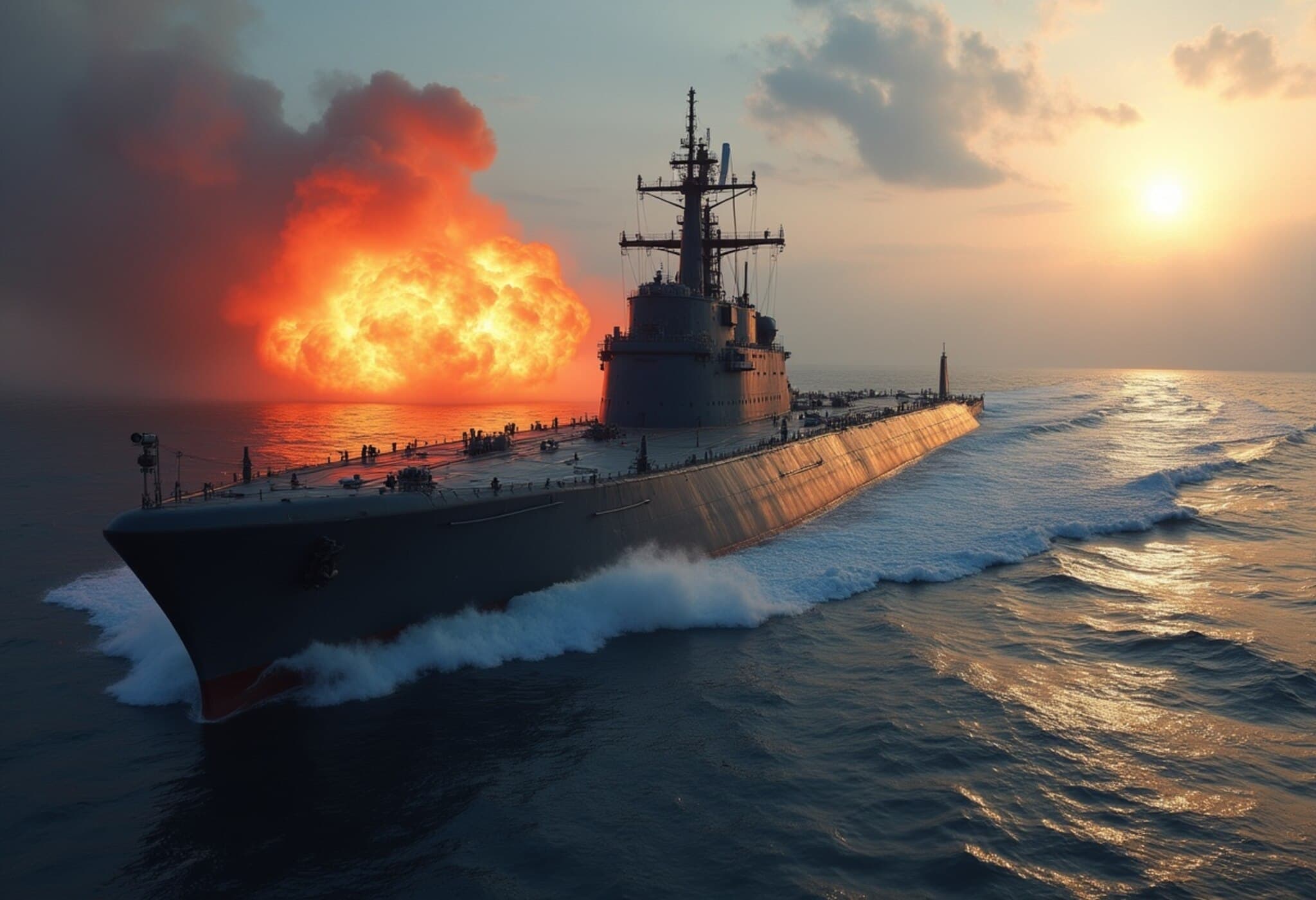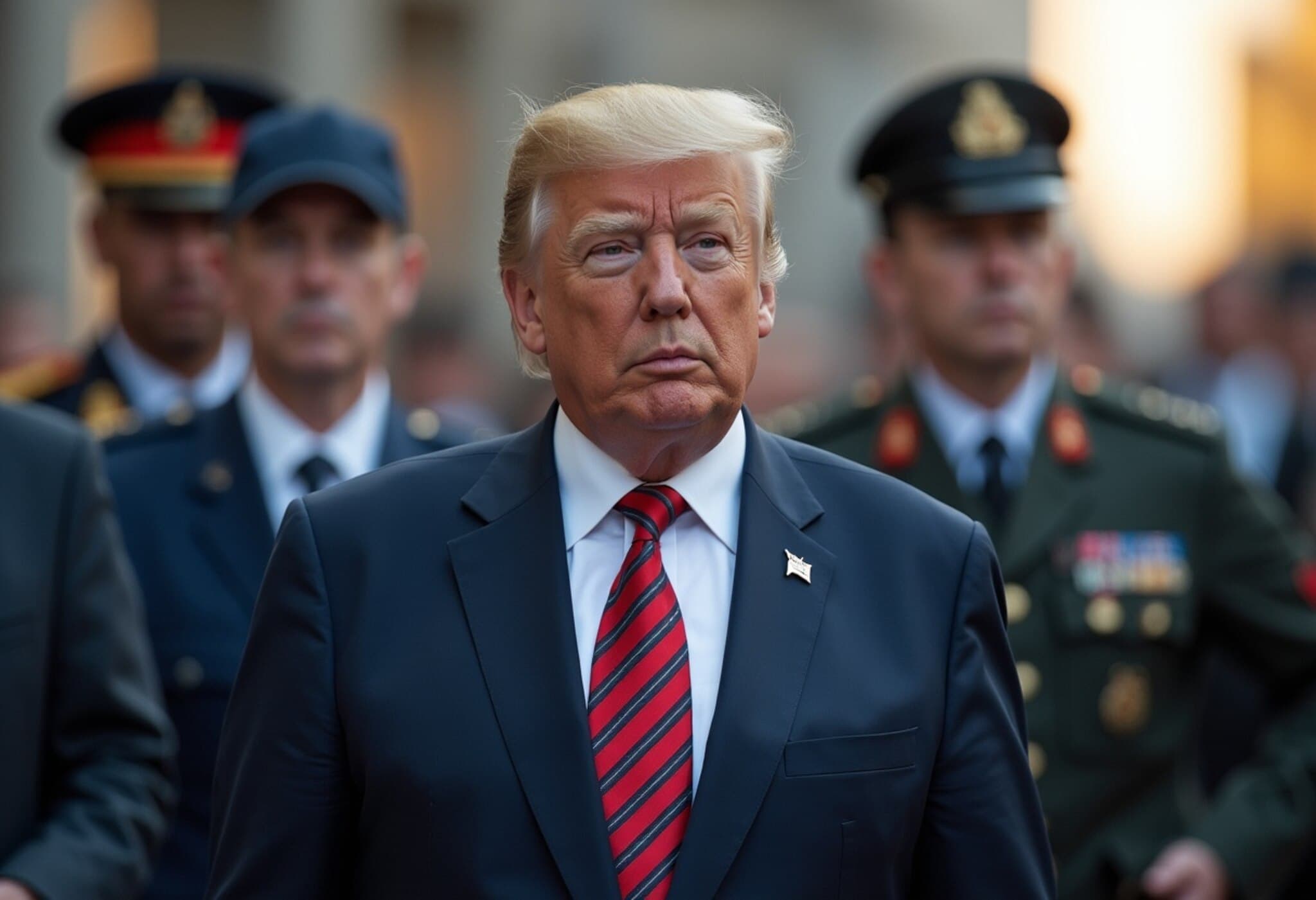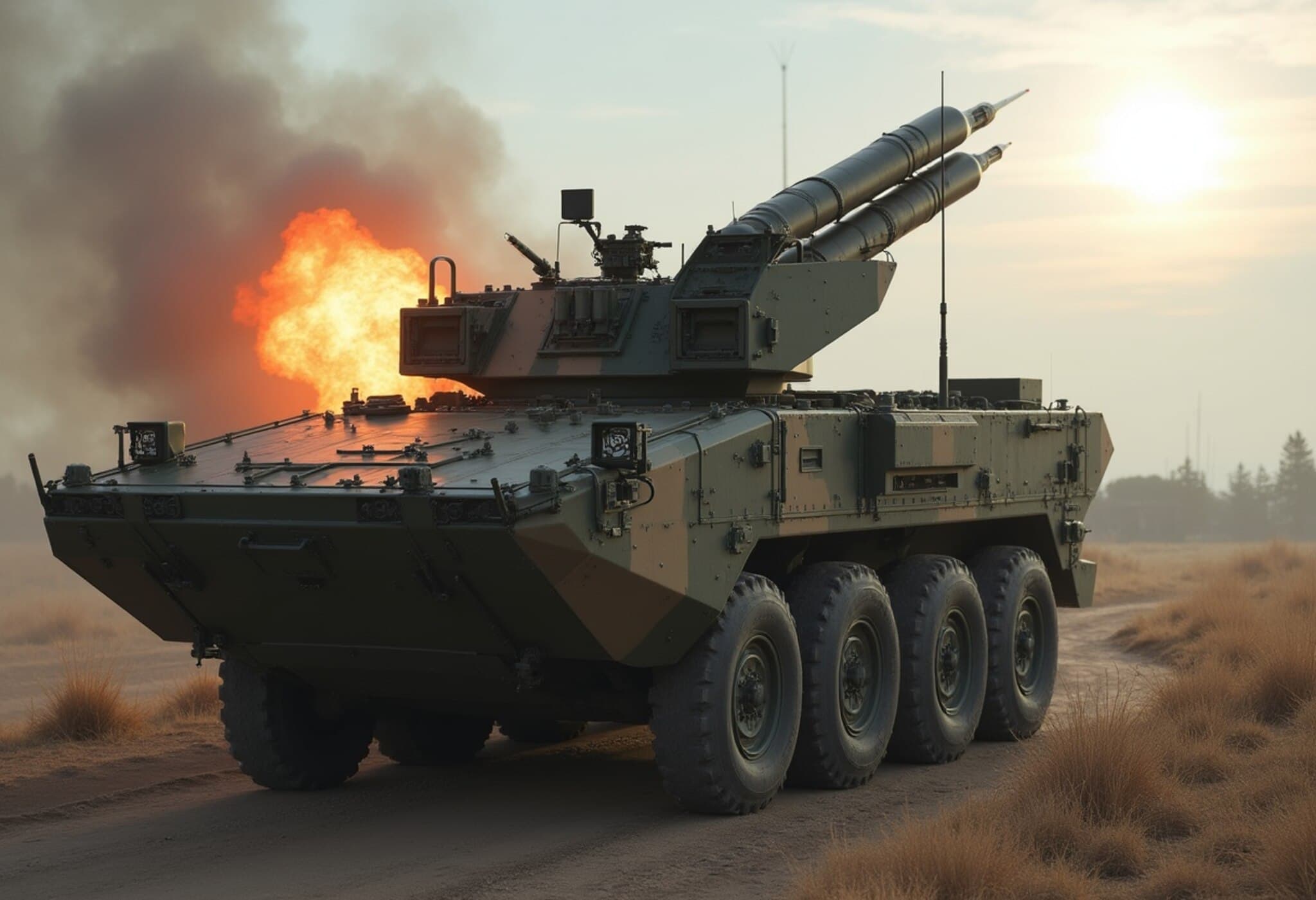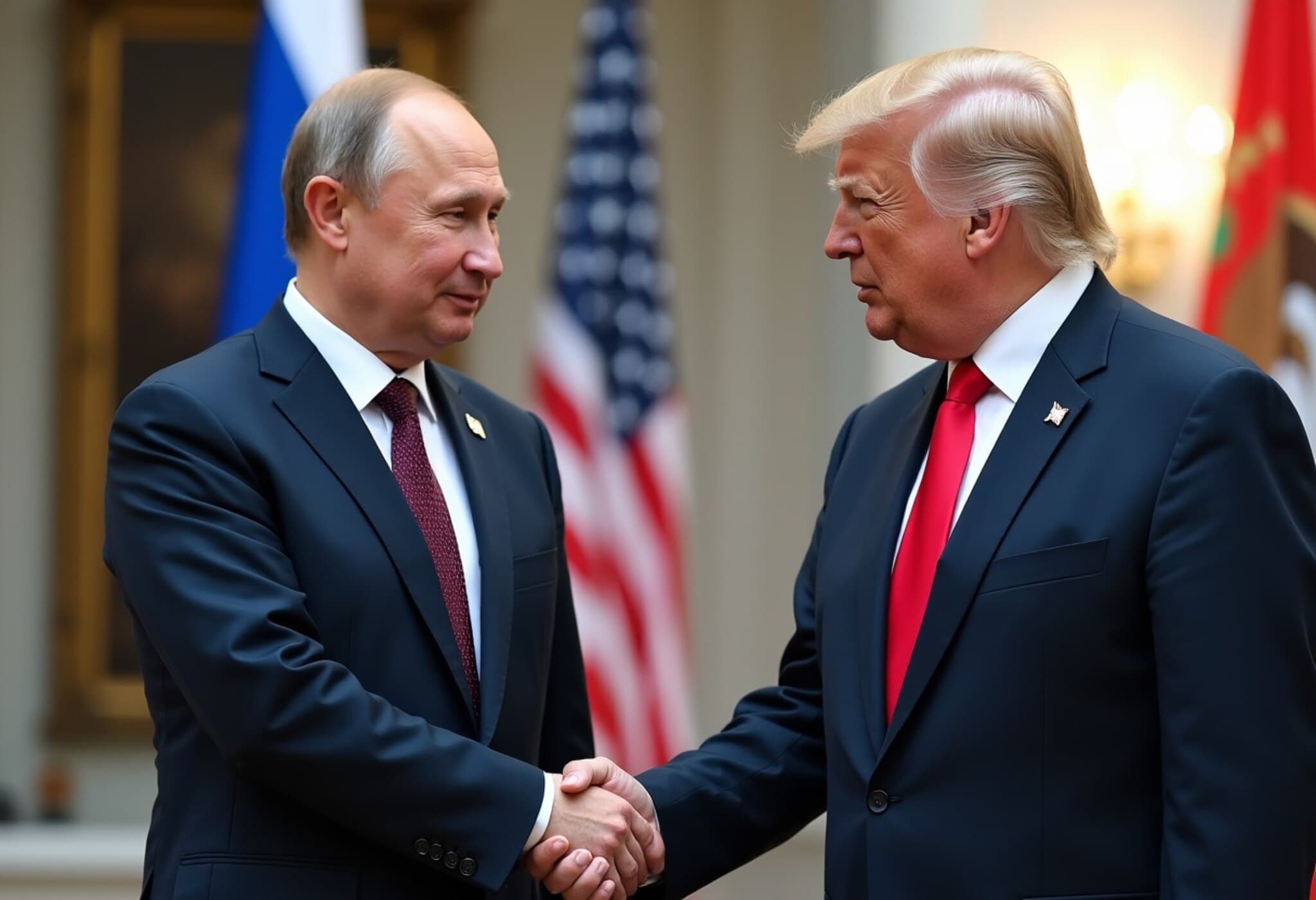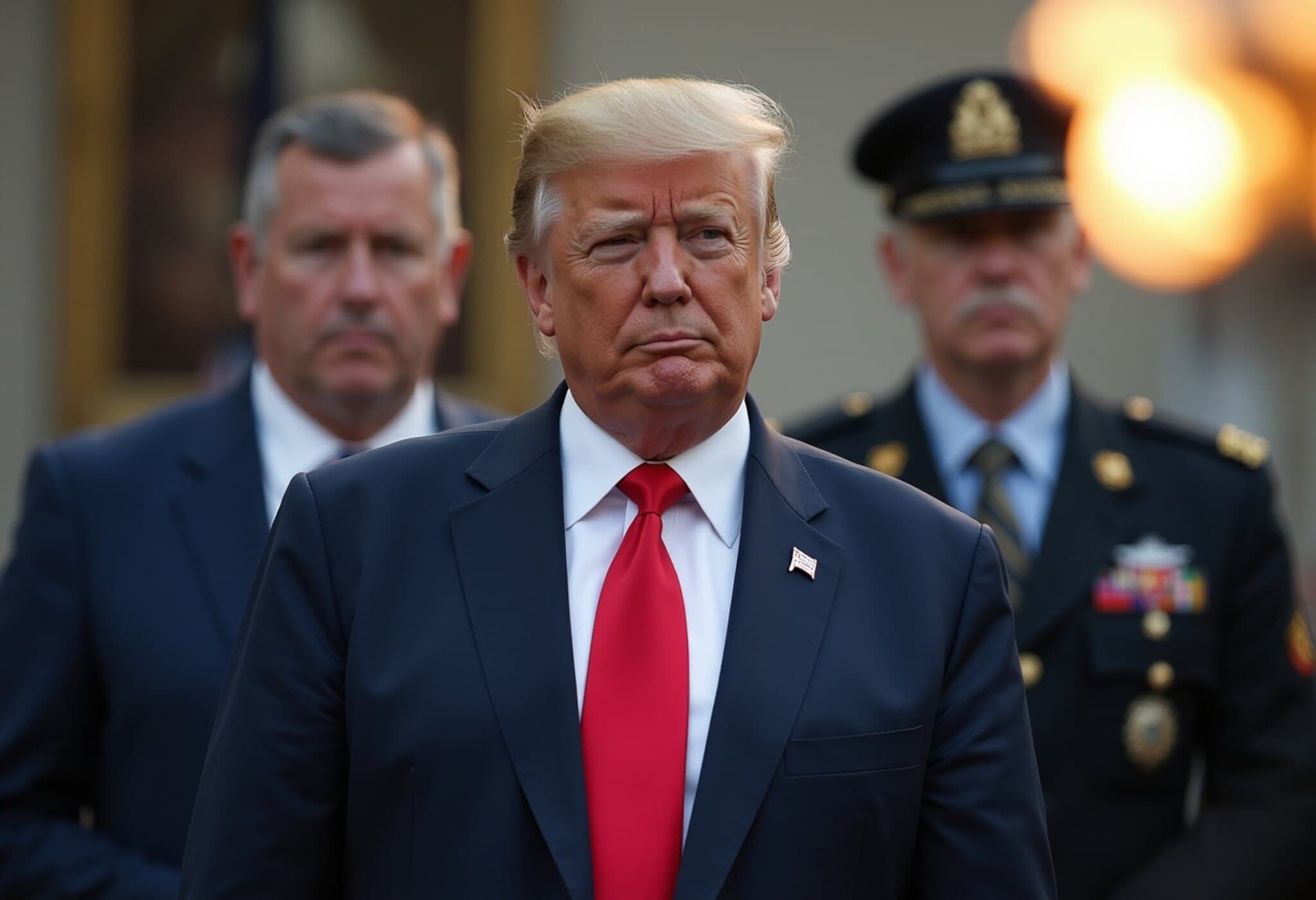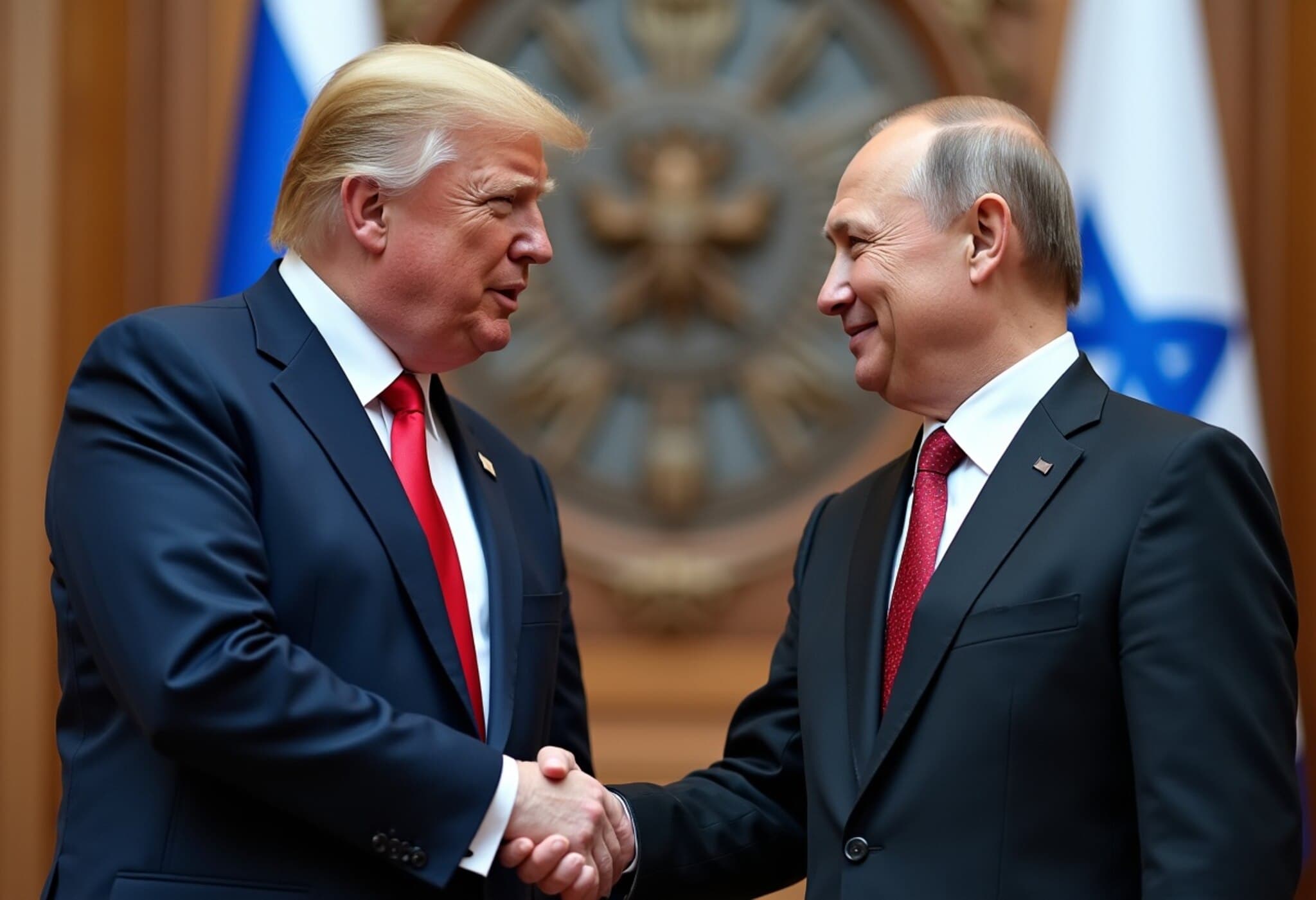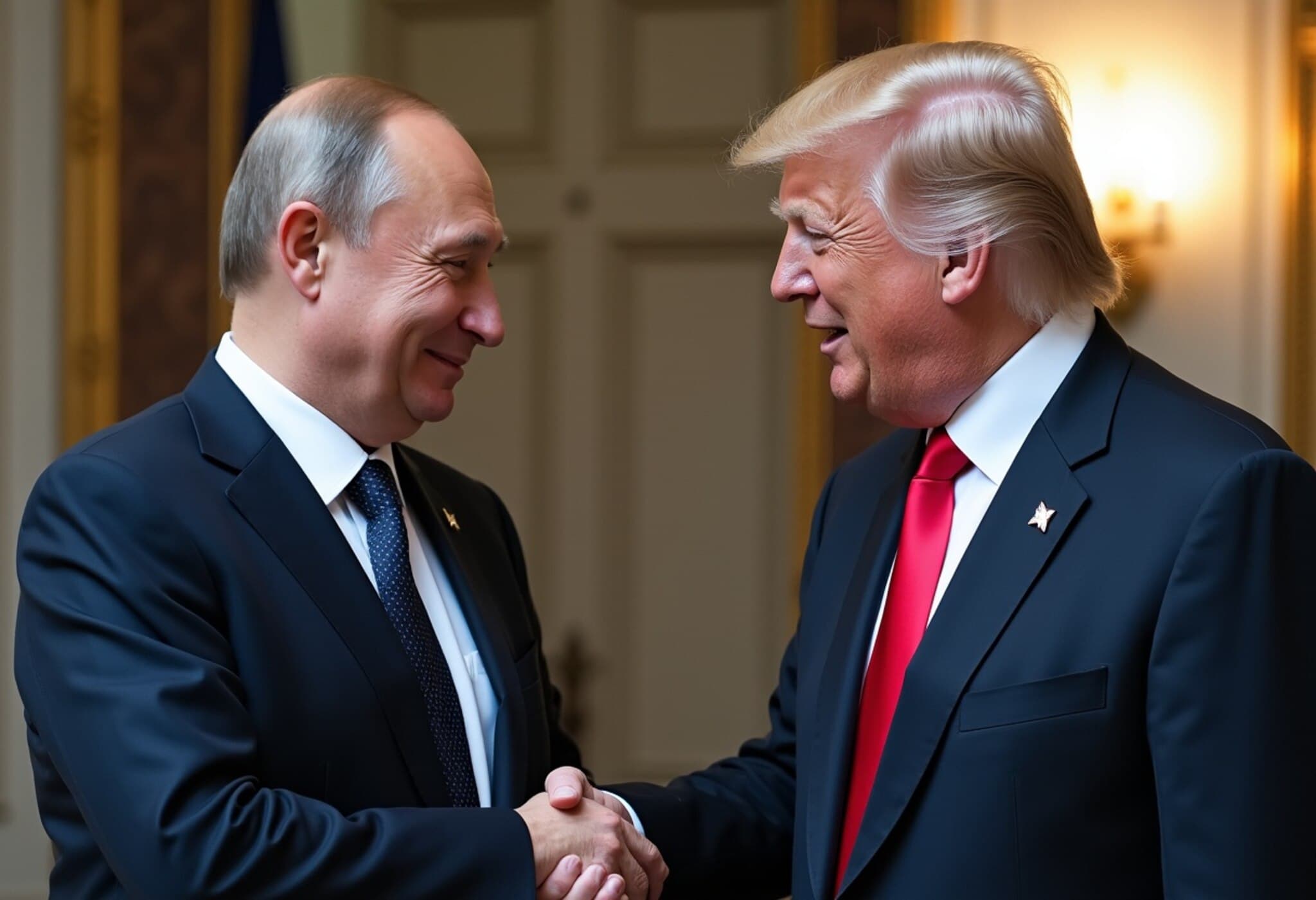Russia Withdraws from Historic INF Treaty, Citing NATO Threats
In a significant escalation of geopolitical tensions, Russia has formally announced its withdrawal from the Cold War-era Intermediate-Range Nuclear Forces (INF) Treaty. This development comes after the United States, during the Trump administration, deployed nuclear submarines near Russian borders—a move Moscow views as a direct menace to its national security.
Background: The INF Treaty and Its Legacy
Signed in 1987 by Soviet leader Mikhail Gorbachev and US President Ronald Reagan, the INF Treaty was a cornerstone of arms control efforts, designed to eliminate an entire class of ground-launched nuclear missiles with ranges spanning 500 to 5,500 kilometers. This treaty played a pivotal role in reducing the threat of nuclear conflict across Europe during the final decades of the Cold War.
The US Exit and Russia’s Initial Restraint
The United States withdrew from the INF Treaty in 2019, under President Donald Trump, alleging multiple Russian violations of the agreement. Despite this, Russia initially maintained a self-imposed moratorium, refraining from deploying intermediate-range missiles unless provoked by American action.
However, this fragile balance has now faltered in light of recent military maneuvers by the US. Trump’s announcement regarding the deployment of two nuclear submarines to strategic locations near Russia has been described by the Kremlin as "highly provocative." Moscow responded swiftly by ending its moratorium and formally exiting the treaty.
Russian Foreign Ministry’s Statement and NATO’s Role
The Russian Foreign Ministry, as reported by Al Jazeera, emphasized changing security dynamics across Europe and the Asia-Pacific as the driving force behind the decision. The ministry underscored Moscow's belief that the unilateral restraint on deploying medium- and short-range missiles is no longer tenable given the apparent US-led deployments in these sensitive regions.
"Since the situation is developing towards the actual deployment of US-made land-based medium- and short-range missiles in Europe and the Asia-Pacific region, the Russian Foreign Ministry notes that the conditions for maintaining a unilateral moratorium on the deployment of similar weapons have disappeared," the statement read.
Adding to the mounting rhetoric, former Russian President Dmitry Medvedev pointed fingers squarely at NATO's “anti-Russian policy” for provoking Moscow's response and signaled that Russia is prepared to escalate its military posture further.
Expert Insight: Implications for Global Security and US-Russia Relations
This latest development punctuates a perilous phase in arms control diplomacy, raising profound questions about the stability of nuclear deterrence frameworks established during the Cold War. Experts suggest that the unraveling of the INF Treaty could trigger a new arms race, not only in Europe but also throughout the Asia-Pacific region where strategic competition is already heating up.
From an American policy standpoint, this situation presents a delicate challenge. While the US government has framed its submarine deployments as deterrence against potential Russian aggression, the Kremlin interprets these moves as aggressive encirclement, feeding a security dilemma that risks spiraling out of control.
Furthermore, this episode highlights the broader erosion of trust and cooperation between the two powers, undermining decades of arms control progress and increasing the prospects of miscalculation or accidental nuclear escalation.
Underreported Dimensions to Consider
- Regional security concerns in Europe and Asia-Pacific: How might NATO and US actions influence allies' defense strategies and militarization?
- Economic implications: The renewed arms race may divert resources from pressing social challenges, impacting global economies.
- Diplomatic avenues: What role can multilateral forums and emerging diplomatic channels play to revive trust?
Looking Ahead: What to Watch
The revocation of the INF Treaty marks a critical juncture in international security. Observers and policymakers will be closely monitoring subsequent Russian missile deployments and NATO's strategic responses. The global community faces the urgent task of redefining arms control in an era fraught with geopolitical uncertainty and technological advancement.
Editor’s Note
This unfolding story underscores a fundamental tension in international relations: the challenge of balancing deterrence with diplomacy to maintain strategic stability. As Russia’s withdrawal from the INF Treaty threatens to reopen Cold War-era fault lines, it prompts reflection on how contemporary security frameworks can adapt to evolving threats without sliding into uncontrollable escalation. Readers are encouraged to consider the ramifications not only through a geopolitical lens but also by recognizing the human and societal stakes embedded in nuclear arms policymaking.

